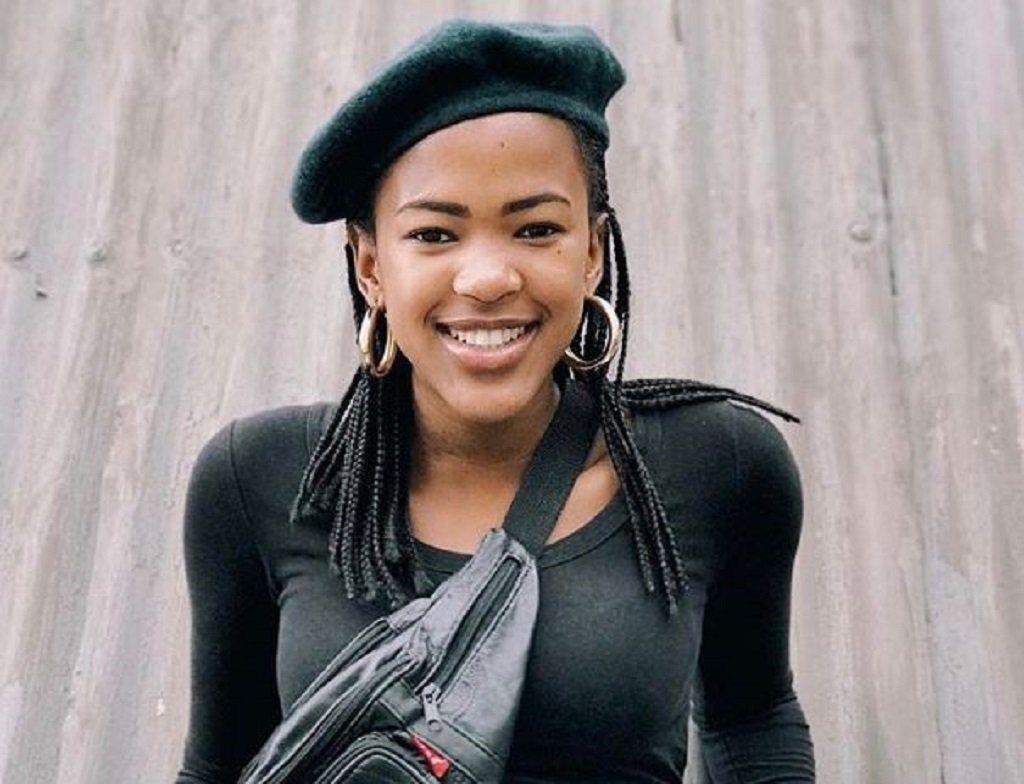A falsely accused former University of Cape Town (UCT) student has claimed, and won, R300 000 in damages against fellow student, Siphelele Nxumalo, who added the former student’s name to a ‘sexual offenders’ list which circulated on social media.
The list, which made its rounds online in 2019, was sparked by the outrage against the rape and killing of fellow UCT student, Uyinene Mrwetyana in August that year. The case triggered a wave of uprise against gender-based violence (GBV) and rape crimes across UCT and South Africa.
Nxumalo, the woman who added the falsely accused to the list, has admitted that her accusations were false, remarking that a friend had asked her to add his name to the list.
The falsely accused says he feels ostracised and isolated by the impact of Nxumalo’s false claims. The former student stopped attending lectures and is no longer enrolled with UCT.
Nxumalo did not attend court to defend the claim and is faced with R300 000 in reparation bills, and an order of apology towards the falsely accused.
GBV offender Jaco Swart (who became infamous after footage of him violently beating his estranged wife, Nicole Swart) was faced with a trifling R20 000 fine and a five-year prison sentence.
The question is: why are financial reparations of guilty sex offenders less than those of false accusers?
Nicole Engelbrecht, the host of True Crime South Africa podcast, shares the following:
“It comes down to the harm caused. I don’t really know that we can equate the ‘value’ of a prison term to the financial compensation received by a person who is falsely accused.”
Nicole goes on to say:
“A court would have to decide what the monetary value is of the impact on someone’s life. For instance, one rape survivor may have been able to deal with her trauma and move through it while a person wrongly accused of rape (who may also suffer from other issues) may go on to commit suicide…”
ALSO SEE:
Two local women cultivate a community garden from littered municipal land
Feature image: eNCA

